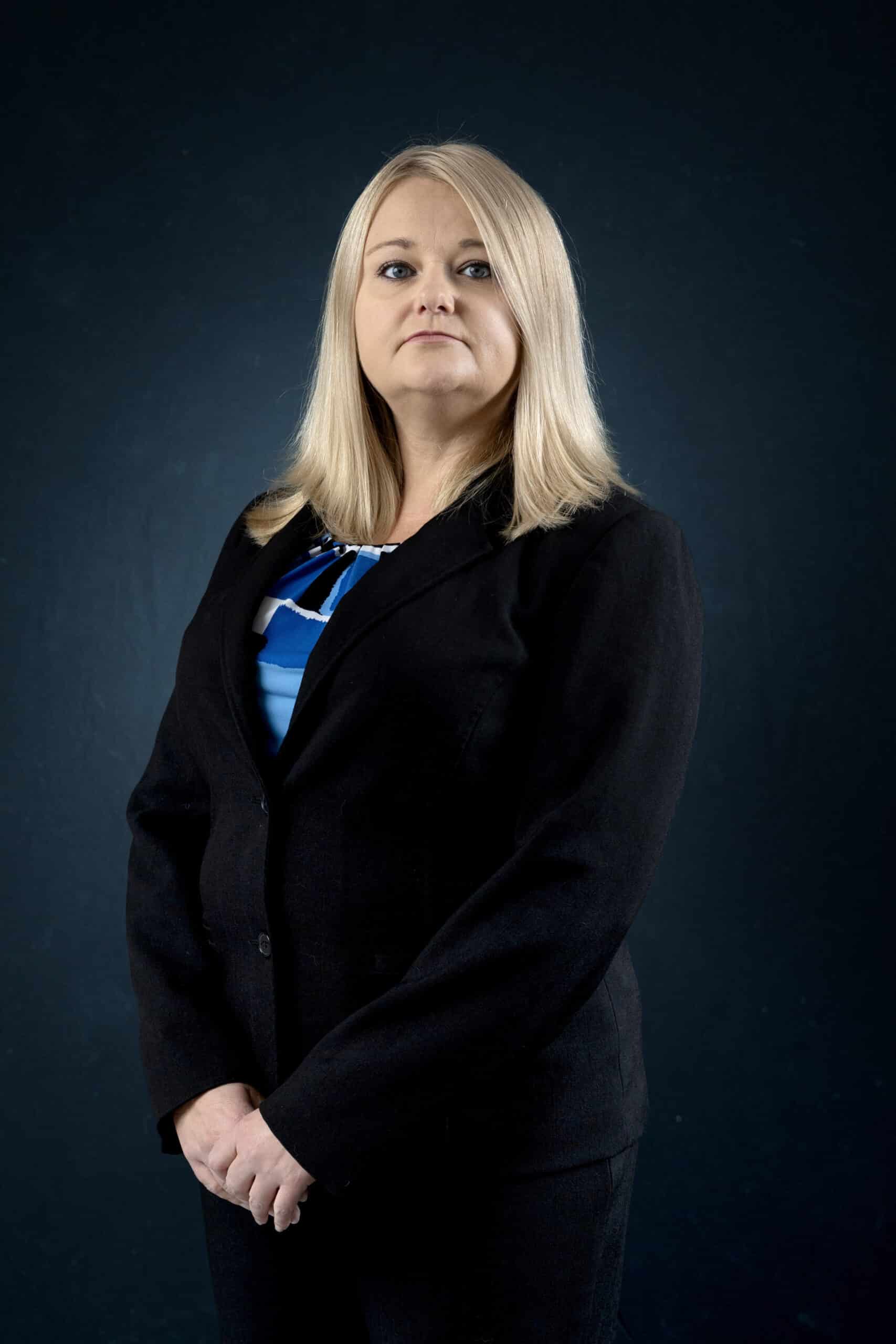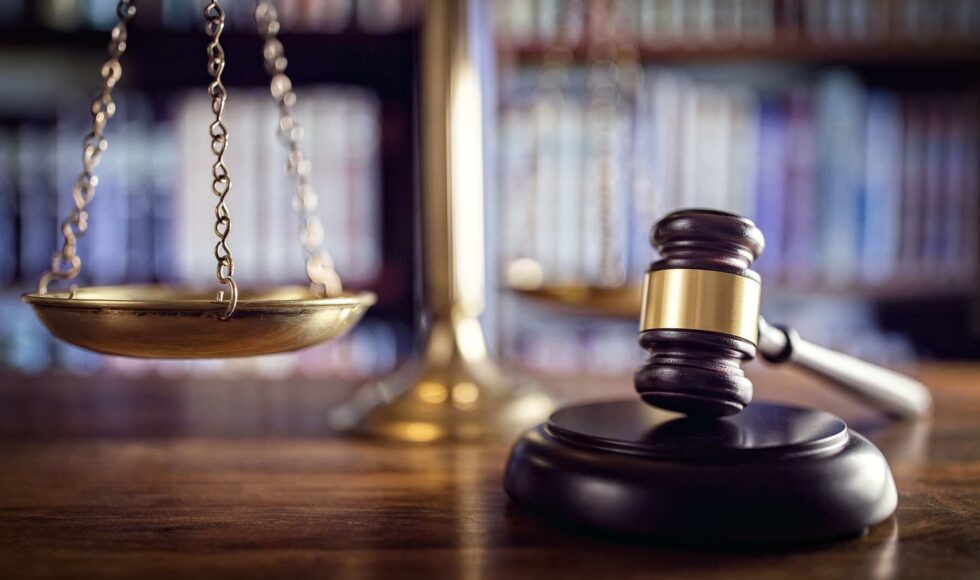What is Commercial Leasing Law?
A Commercial Lease is a legally binding contract between a Landlord and a business Tenant. Commercial Leasing Law takes into account the principles of Contract Law (what did the Landlord and Tenant agree to, as determined by their Commercial Lease) and Property Law (what rights do the Landlord and Tenant have concerning the use and ownership of the property in relation to third parties?)
The Commercial Lease gives a Tenant the right to use a certain property for commercial or business purposes, in contrast to residential leases, which allow tenants to reside at the leased premises. Since the relationship between a business Tenant and Landlord can be much more complex than with a residential property, there are many more possible areas for the parties to find themselves in a legal dispute over. Examples such as exclusivity rights, environmental matters, and even restrictions on hours of operation are frequently litigated in commercial leases and are not likely to be a risk that needs to be considered by a residential tenant.
Another substantial difference between a commercial and residential lease in Alberta, is that residential tenants are provided the protection of statute, under the Residential Tenancies Act. There is no similar legislation for commercial tenants in Alberta, and the law allows the Landlord and Tenant much more freedom to dictate the terms of the tenancy by way of contract. As such, it becomes imperative that a Landlord and Tenant seek the assistance of a lawyer when deciding to enter into a Commercial Lease Contract
If you are considering leasing commercial space for your business, or if your landlord or tenant has taken actions that could be a breach of your contractual or property rights, please contact one of our civil litigation lawyers in Edmonton today.
Edmonton Real Estate Litigation Lawyer
Forum Law’s Real Estate Litigation team has an immense depth of experience and knowledge in almost any type of legal dispute concerning real estate. From construction law and builder’s lien issues, breaches of contract between the buyer and seller of real property, and even real estate foreclosures of mortgaged real estate. Forum Law’s Real Estate Litigation Team has over 15 years combined legal experience in this area of law. We provide a broad array of services in real estate disputes, including but not limited to the following:
Construction Disputes/Builder’s Liens Disputes
– Failure to Pay Contractors/Subcontractors
– Faulty Workmanship
– New Home Warranty Claims
Purchase/Sale Transaction Disputes
– Failure to Complete Purchase
– Property Defences
– Contract Misrepresentations
– Environmental Contaminations
– Refusal/Failure to Return Deposits
Real Estate Financing Disputes/Foreclosures
– Debt Claims Secured by Mortgage;
– Breach of Covenants
– Disputes Between Creditors over Mortgage Priority
– Representation of Creditors or Debtors in a Foreclosure
If you are in a dispute with another party concerning a real property matter, contact one of Forum Law’s Real Estate Lawyers today.
How Our Edmonton Commercial Lease Lawyer Can Help
Many professions in Alberta, such as doctors, dentists, lawyers, accountants, engineers, veterinarians and pharmacists, require individuals who wish to provide professional services to the public, to be licensed by a governing body before providing those services. Most of these governing bodies also create their own set of rules and regulations to which that individual must abide by in order to keep their licence to practice. Lastly, the governing body may impose fines, penalties and even revoke licenses in the event the individual does not abide by those rules. Those rules can be fairly complex for many professions, and navigating an administrative tribunal hearing can be as difficult and lengthy as a trial in the Alberta Court system. These tribunals have their own unique set of procedures and rules for how the hearings are held, and how the professional must conduct themselves in their practice, over and above any federal, provincial or municipal law governing the rest of society.
It therefore becomes extremely important for a professional to seek the assistance of a lawyer with experience specifically dealing with these distinct sets of rules, and unique governing bodies, if that professional finds themselves in a dispute related to their profession/business. Please contact one of Forum Law’s Administrative Law lawyers today.
Services we provide
Civil Litigation also involves various statutory timelines that could have a significant impact on your ability to sue or defend a lawsuit. Do not wait to contact our team to determine if a civil litigator is right for you.
We represent both Plaintiffs and Defendants for the following services:
-
General litigation
-
Corporate Litigation, including company disputes, director and shareholder rights, and “partnership” disputes
-
Debt collection
-
Employment law, including wrongful dismissal, employment contracts, and severance packages
-
Foreclosures
-
Contract disputes
-
Construction and Real Estate Litigation, including Builder’s Liens
Common Types of Small Business Lawsuits
- Breach of Contract
- Disputes with employees
- Intellectual Property Infringement
- Product Liability
- Breach of Contract
- Disputes with employees
- Intellectual Property Infringement
- Product Liability
Civil lawsuits typically touch on issues involving breach of contract, commercial litigation, debt collection, property dispute, or perhaps a contractor who has not been paid for the work completed.
If you are served with a Statement of Claim or are contemplating filing a civil action, please make it a point to talk to Forum Law before you take any further action.
Steps in Civil Litigation
01 / Preliminary
As a preliminary step, you may want to get the best advice on what kind of claim you can file in court or whether you even have a claim at all. After that preliminary advice, you may then be advised to file your complaint in court. The complaint in a civil process and the type of statements or counter statements that could be filed to explain your case are known in law as pleadings.
02 / Discovery
This refers to the formal process the parties to a lawsuit go through to exchange documents about the witnesses and evidence they will present at the trial. This furnishes the parties with information about evidence the other side intends to rely on to prove their case in court. At this stage, depositions or sworn out of court oral testimonies may be needed. Forum Law can you navigate through this process.
03 / Trial
The parties are required to present the facts of the case to the court. The rules of court stipulate what kind of evidence is acceptable. There are boundaries both parties cannot cross and when these boundaries are not adhered to, the evidence may be excluded by the court.
04 / The Verdict
During civil cases sometimes tried with a jury, the jury ultimately determines who gets to win or lose and any resulting liability or damages. The jury in such instances determines the relevant facts and law before reaching a final verdict.

BUSINESS CIVIL LAW LITIGATORS
We are law litigators who have appeared in all three levels of Alberta courts: Provincial Court, Court of Queen’s Bench, and Court of Appeal. Our lawyers have nearly 60 years of courtroom experience between them and frequently appear before prominent Alberta judges.
Key Steps of Our Legal Process
1. Call Us
Speak with our knowledgeable staff and provide background information
2. Talk to us
Gain an understanding of our services and pricing models and learn how we can help
3. Retain Us
Make the choice to work with Forum Law Group as your lawyers
4. We Get to Work
We start working on getting you the resolutions you need
Other law practices
At Forum Law, we specialize in a wide range of differing law practices.



















